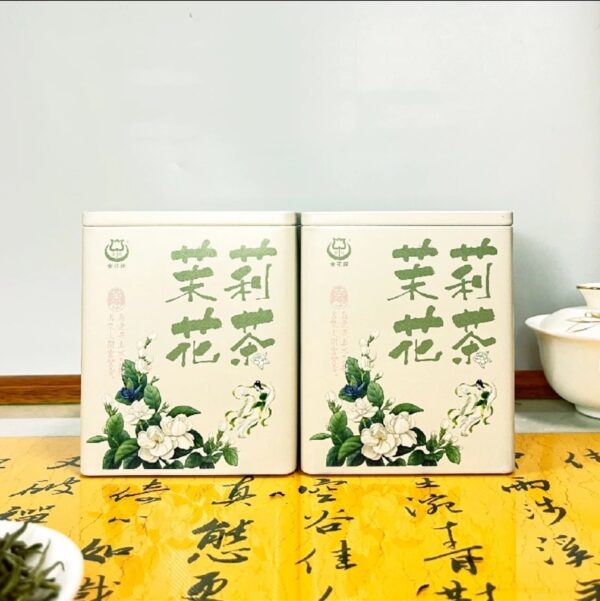
# Jasmine Tea: A Fragrant and Soothing Beverage
## The Allure of Jasmine Tea
Jasmine tea is one of the most beloved scented teas in the world, renowned for its delicate floral aroma and soothing properties. This fragrant beverage has been enjoyed for centuries, originating in China during the Song Dynasty (960-1279 AD). The combination of high-quality tea leaves and fresh jasmine blossoms creates a harmonious blend that delights the senses.
## How Jasmine Tea is Made
The production of jasmine tea is an art form that requires patience and precision. Traditional methods involve:
– Plucking fresh jasmine blossoms at their peak bloom
– Layering the flowers with tea leaves (typically green or white tea)
– Allowing the tea to absorb the jasmine fragrance over several nights
– Removing the spent flowers to prevent bitterness
– Repeating the process for multiple infusions to achieve desired intensity
## Health Benefits of Jasmine Tea
Beyond its delightful taste, jasmine tea offers numerous health benefits:
### Rich in Antioxidants
Like other teas, jasmine tea contains powerful antioxidants that help combat free radicals in the body. These compounds may reduce the risk of chronic diseases and support overall health.
### Promotes Relaxation
The natural aroma of jasmine has been shown to have calming effects on the nervous system. Drinking jasmine tea can help reduce stress and promote better sleep.
### Aids Digestion
Jasmine tea has been traditionally used to support digestive health. It may help alleviate bloating and improve gut function.
## Brewing the Perfect Cup
To fully appreciate jasmine tea’s delicate flavors:
1. Use fresh, filtered water heated to 175-185°F (80-85°C) for green tea bases or 195-205°F (90-96°C) for black tea bases
2. Steep for 2-3 minutes to avoid bitterness
3. Enjoy plain to appreciate the natural flavors or add a touch of honey for sweetness
## Cultural Significance
In Chinese culture, jasmine tea holds special meaning. It’s often served to guests as a gesture of hospitality and is associated with purity and elegance. The tea plays an important role in traditional tea ceremonies and is considered a symbol of grace and refinement.
## Exploring Jasmine Tea Varieties
There are several types of jasmine tea to discover:
– Jasmine Pearl Tea: Hand-rolled tea leaves that unfurl beautifully when steeped
– Jasmine Silver Needle: Made with premium white tea leaves
– Jasmine Green Tea: The most common variety with a fresh, grassy flavor
– Jasmine Oolong: A partially oxidized tea with complex floral notes
Keyword: jasmine tea
Whether you’re a tea connoisseur or new to the world of specialty teas, jasmine tea offers a delightful experience that engages all the senses. Its fragrant aroma, smooth taste, and potential health benefits make it a beverage worth exploring and enjoying regularly.
